Katrin Schumann is the author of the novel, The Forgotten Hours, and numerous nonfiction books. She has been awarded fiction residencies from the Vermont Studio Center, the Norman Mailer Writers Colony, and the Virginia Center for the Creative Arts. Schumann teaches writing at GrubStreet in Boston and was an instructor in PEN’s Prison Writing Program. She lives in Boston and Key West, where she is the program coordinator for the Key West Literary Seminar.
The Forgotten Hours feels ripped-from-the-headlines and will generate much discussion among readers. It’s about the fallout of a New York family after a teen accuses her best friend’s father of sexual assault. It intertwines the now-grown daughter’s memories with her desperate search for answers, and explores the confounding pull of loyalty, as well as the transformative power of truth. Be sure to check out my review and book club questions.
Get to know Katrin where she talks story inspirations, key themes from the novel, a sneak peek into her next book and much more.
Q: What are some of your favorite novels?
I have eclectic reading tastes–my favorite novel of all time is Madame Bovary, by Gustave Flaubert. I love its language and realism, and the exquisite detail. I also loved Beautiful Ruins, by Jess Walter, which is funny and heartbreaking and whip-smart. Transatlantic by Colum McCann blew me away–I learned so much about human nature reading that book, and it was so self-assured and insightful.
Q: When did you know you wanted to become a writer?
I “published” my first hardcover when I was six years old: it was called Ms. Schumann Marries the Farmer and was laminated cardboard. I still have it! I’ve always wanted to be a writer, and actually, I’ve never really done anything else… I was fired from my first waitressing job after just one shift. I decided to stick with what I’m good at and what I love. I’ve been lucky enough to have a great freelance business doing collaborative writing, teaching and editing, and publishing this novel is my dream come true.
Q: The Forgotten Hours is especially relevant during the current era of #MeToo. What inspired you to write this story?
It’s such a wild coincidence that this book is coming out now. I became obsessed by exploring the idea of loyalty and “truth” when I went through a tough experience some years ago. I had two close friends become embroiled in legal proceedings around separate assault and consent issues—each on polar opposite ends of the spectrum. I saw what happens to the accused and the accuser, and they were complicated situations without clear-cut narratives. I felt immense empathy for everyone involved—and it sent me into a tailspin. We like to think things are black and white when sometimes they’re not. I wanted to capture that confusion.
Q: The story features two timelines—the moments during the night in question and then in the present. Can you talk about this writing style and why it was important to feature these two timelines as Katie finally must discover the truth of that night?
I’ve always loved books with two timelines, even though that can be hard to pull off as a writer. In The Forgotten Hours I wanted to examine how we build up our ideas about the people we love–how we see them through the prism of memory, and yet memory is fallible. The two timelines allowed me to play with doling out information, and both storylines inform the reader bit by bit. You learn something in the present day and form an opinion about it, and then get additional insight when you go back to the actual night in question and see what really happened. But even that is suspect, because readers only learn about what happened as far as Katie is concerned–her perspective is limited.
Q: An interesting component to the novel is exploring the fickleness of memory. When Katie thinks back to the night, she remains loyal to her father and tells herself nothing happened, “at least, that’s the way she remembers it.” And Lulu at one point says to Katie, “sometimes we only see what we want to see.” Can you expand on how loyalty can cloud judgement?
I became fascinated by the fact that loyalty is universally seen as a good trait, even though it can also blind you. Where is the line between the two? It’s extremely hard to tell. We get pulled in one direction by our instincts, our hearts, by what we want to believe, and yet we’re pulled in another direction by facts and by other people’s perspectives. I think this is especially hard when it comes to families.
We owe such a debt to our parents, especially if they’ve been loving and generous to us, how do we deal with the prospect that they’re also just ordinary humans, sometimes even capable of doing bad things? And in terms of friendships, too–as we see in this book, Katie and Lulu have a special bond. What happens when you think the person you know and love does something unexpected, something that threatens how you see the world? Whose side do you take?
Q: What do you hope are some of the key takeaways of the novel?
I hope the main takeaway is that we as a species are surprisingly resilient, and–provided we’re willing to do the hard work of facing our world with honesty and clarity of vision (which may also include being willing to admit we’re wrong)–we can heal from all sorts of trauma, heartbreak, disappointment. Also, I hope readers will see that a culture of silence wreaks havoc. As hard as it is to talk about problems, it’s much better to be open and to hash things out. Just because we don’t talk about something doesn’t make the problem disappear.
Q: Can you give any hints about your next book and/or what you’re interested in writing next?
Yes! I have another book coming out next year that also deals with a young woman at a turning point in her life. As with The Forgotten Hours, I ask: when thrown into situations over which we have no control, can we rise above the trauma to make our lives whole and purposeful? Here’s the book description:
Fiercely independent, Bettina Heilstrom has worked hard to make a new life for herself as a photographer in 1960s Chicago, but she’s never stopped yearning for the little girl she was forced to abandon years earlier when she fled her beloved island home in East Germany. Presented with a chance to return ‘home’ and make things right, she has to face the reality of an altered landscape, politically and emotionally. Will she find a way to change the minds and hearts of those she left behind, or is she destined to be cast adrift forever?
Q: What books are you currently reading and what’s on your to be read (TBR) list?
Recently, I read The Age of Light by Whitney Sharer, which I blew through. It’s about Man Ray’s muse, Lee Miller, and her struggle for independence and creative growth; a feminist tale wrapped up in a delicious story. I’m currently reading The Patricide of George Benjamin Hill by James Charlesworth and it’s gorgeous–a sprawling, haunting tale of a family deeply impacted by ambition and the search for acceptance. Next, I’m eager to read Leading Men, by Christopher Castellani. Who doesn’t love stories about love, literature and movies, set in the 1950s?
Click here to buy The Forgotten Hours on Amazon.
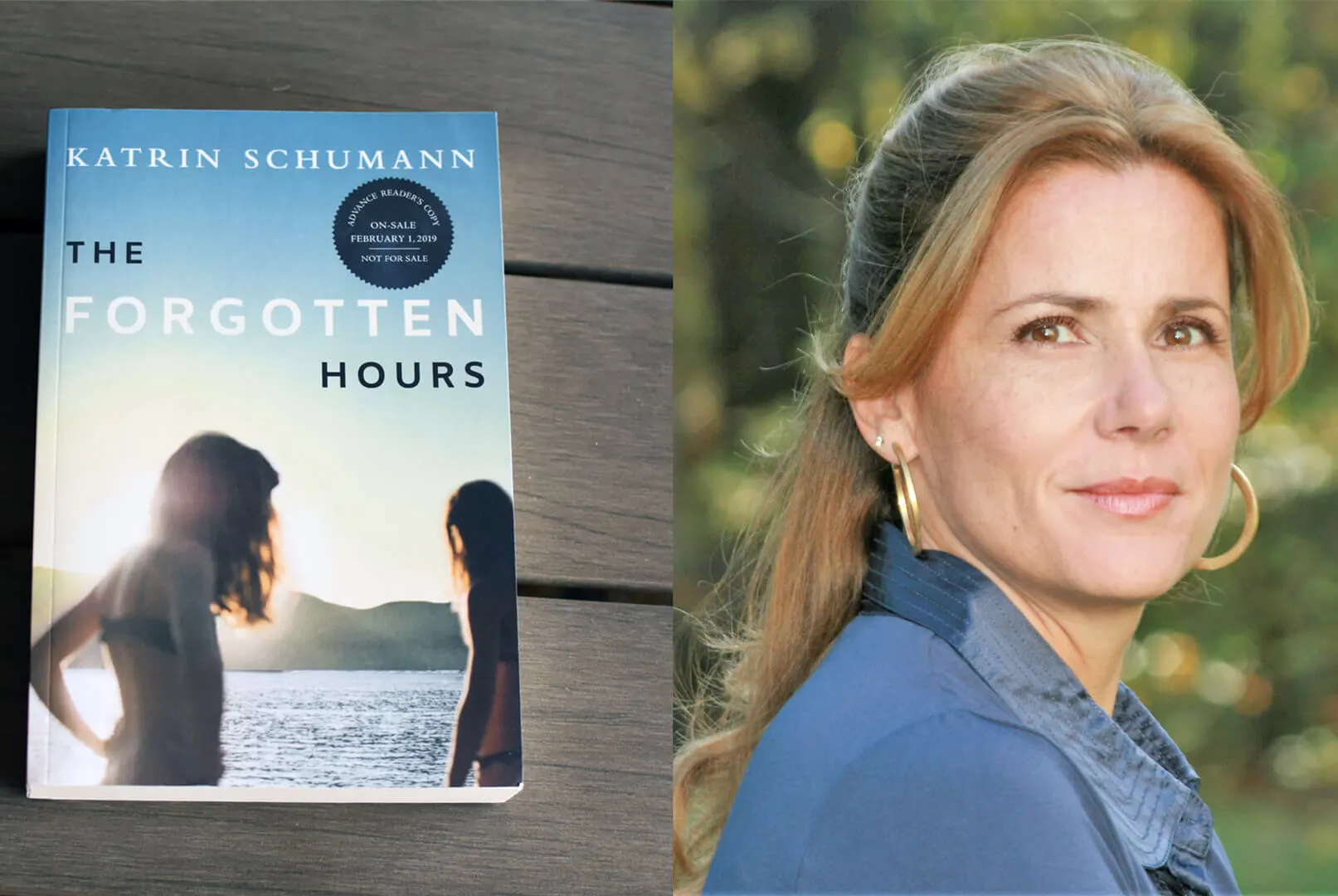
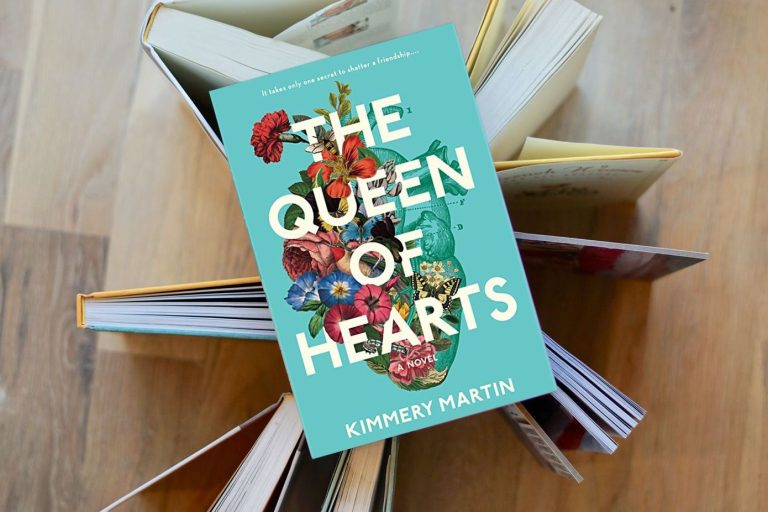
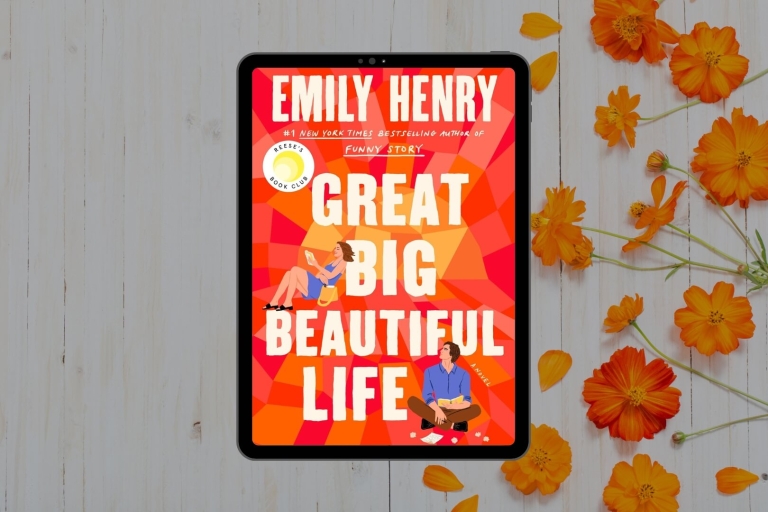
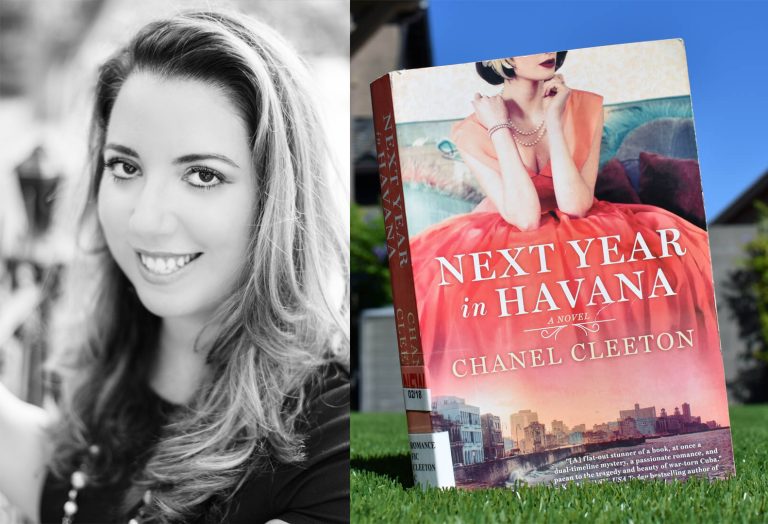
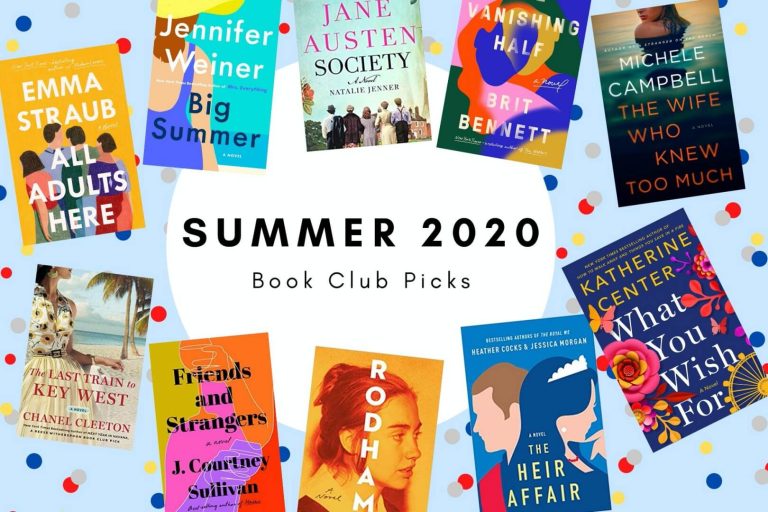
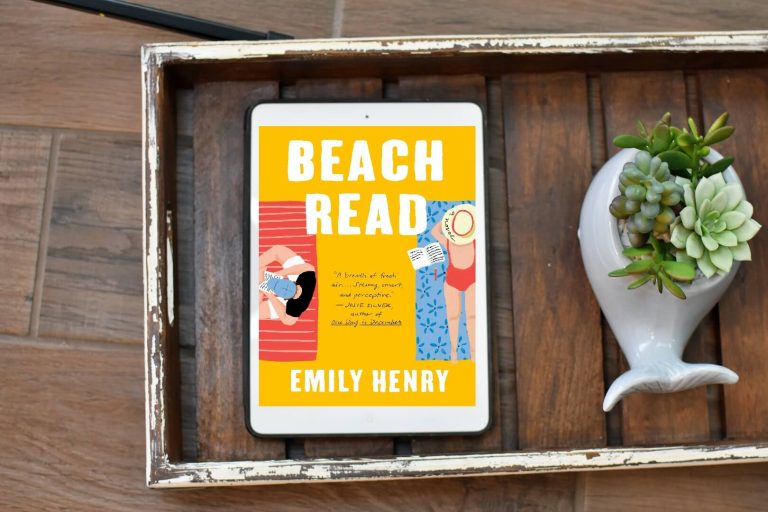
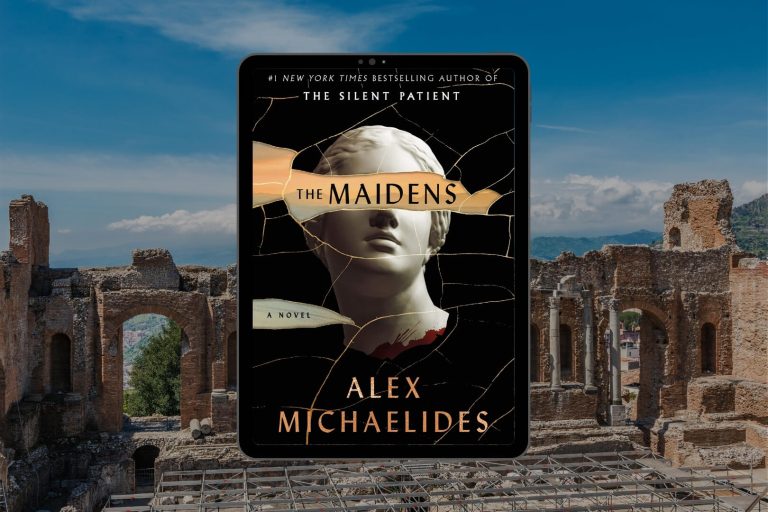
Sarah
Wednesday 13th of February 2019
Loved this Q& A. Can’t wait to read this one.
Heather Caliendo
Friday 15th of February 2019
Thank you for reading the Q&A!! Yes, definitely worth a read for sure!